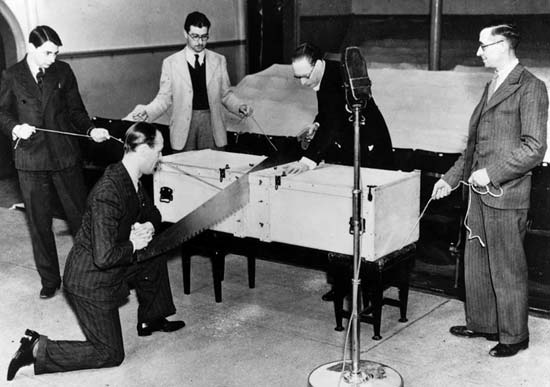- GOLD IRA
- Download Our 2024 Precious Metals IRA Investor’s Guide.
Click Here  Gold IRA
Gold IRA
 Investing
Investing
-
- CRYPTO IRA
- PRICES & STATS
- RETIREMENT PLANS
- BLOG
 Questions? Call (888) 820 1042
Questions? Call (888) 820 1042
Is Bitcoin the answer to the gold rehypothecation problem?
Disclosure: Our content does not constitute financial advice. Speak to your financial advisor. We may earn money from companies reviewed. Learn more
Last Updated on: 6th May 2015, 07:42 am

Bitcoin has received an enormous amount of press and media coverage since it first appeared on the mainstream financial radar several years ago. The gold community for the large part – have been unimpressed. Most of these concerns revolve around the value of bitcoin in fiat terms – the exchange rate price of bitcoin as a currency vs USD, and from this perspective these concerns are often warranted – volatility and risk within the bitcoin market are extreme to say the least.
Viewing bitcoin purely as a currency creates a problem. It generates a real disconnect between what this new technology represents to the financial media, and the innovative opportunity technologists see arising from the protocol. For all of its faults, bitcoin has innovation potential far more than a digital currency, and by failing to overlook its PR problem we are in real danger of failing to see the wood for the trees.
Bitcoin’s genius, has always been the solution which it provides to one of the oldest problems in computer science, the Byzantine Generals problem; A problem ultimately relating to distributed trust.
What is The Byzantine Generals Problem?
The Byzantine Generals Problem consists of trying to reach consensus on a course of action via a fragmented and unreliable network. The proof-of-work algorithm contained within the bitcoin protocol is central to this solution. The solution is so profound because it removes the requirement for implicit trust in central counterparties. All records are available for all to see in the public “blockchain” – a history of all “transactions” which have occurred on the network. The proof of work algorithm ensures that there is only one consensus version of the blockchain which everyone can rely on without having to trust anyone. The modern world, despite the proliferation of computer networks, is still dominated by central counterparties. Notary systems, registries, and audits are all examples of such centralized authority. Central counterparties abuse power – history is unequivocal about this.
One of the more interesting uses of the bitcoin protocol is for the storing and transfer of physical assets via the use of digital signatures. The University of Nicosia have even stored student participation certificates on the blockchain for anyone to view and verify. The implications of such a technology are obvious. A decentralized digital ledger has wide reaching implications, especially for many in the gold community who have deep concerns about the rehypothecation of financial assets throughout the global banking system.
Rehypothecation of assets

Rehypothecation is a widespread practice in financial centers, and refers to the relending of client securities to third parties by a custodian or broker. To provide a real world example- If an investor buys gold, the gold is held with a custodian bullion bank. This custodian could then turn around and lend this gold to another customer to earn additional fees. This arrangement suits everyone until there is some shock to the system and there is a scramble to claim assets back. Complications arising from rehypothecation were evident during the world wide market crash post-lehman brothers.
A publicly accessible asset register built upon blockchain technology, providing an undisputed record of ownership of particular assets would solve many of these woes. This is much more favorable versus the current opaque system currently in place.
The centralized, stand alone silos, force us to extend a tremendous amount of trust in banks and their supporting institutions. This has significant implications on the role banks play within our society. Centralized authority is expensive – inefficient and ripe for incumbent abuse.
The blockchain has the potential to act as a transparent and public record keeping system for physical assets, without the need for a central authority and it is in this area where the technology looks to hold the most promise and value going forward.
Bitcoin is just part of the wider trend of decentralization which has been taking place over the past 2 decades. Peer to Peer file swapping has disrupted the music and entertainment industry. Blogging, social media, and internet publishing have completely disrupted the media industry. Recent examples like Uber and Airbnb are trying to disrupt the transportation and hotelier industry are continuing this decentralization trend. The bitcoin protocol, and crowdfunding have been the first credible attempt at decentralizing the financial system. Although much cynicism remains, gold investors share much of the same ethos as their tech savvy counterparts. It’s a matter of time before the two world merge in a meaningful way. New alternatives solutions based on this protocol can’t come soon enough.



 Silver
Silver Gold
Gold Platinum
Platinum Palladium
Palladium Bitcoin
Bitcoin Ethereum
Ethereum






